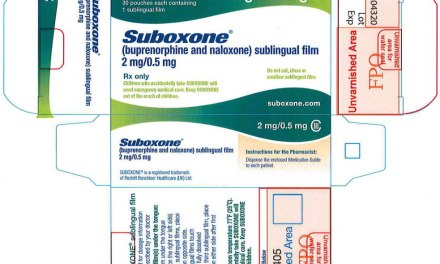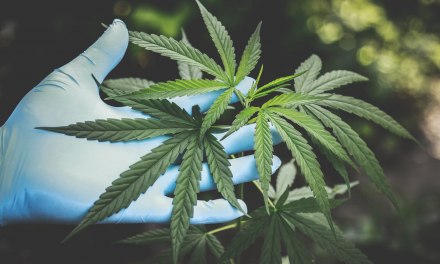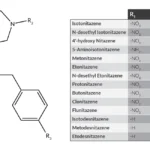A difference in how we think about recreational cannabis use by teenagers, I mean.
Probably not to young pot users themselves.. But it might to their parents. Assuming they ever get to see it. Not much information about the risks of cannabis use makes it into the popular media these days.
And what does appear is often not conclusive. Yet the evidence continues to mount, so we should probably pay closer attention.
This study focused on kids who use cannabis products recreationally. It was summed up in WebMD’s Health News, the result of a close review of data drawn from the annual National Study on Drug Use and Health. That included nearly 70,00o teens. I found the conclusions surprising, and I’m likely to be more aware of the issues than the kids’ parents.
You can read it for yourself:
Study Says Casual Pot Use Harmful to Teens
An example: “Teenagers who use cannabis recreationally are 2 to 3 times more likely to have depression and suicidal thoughts than those who don’t use it.” By the way, they appear to define “recreational” as anything shy of actually qualifying for a Cannabis Use Disorder (CUD).
If most of us adults saw numbers like that in a report about teens who pop pills or drop acid or go on drinking binges, we’d just nod sagely, as if we expected as much. With marijuana, we’re surprised.
“How can that be? It’s only recreational use,” someone will object. “It’s not like they’re addicted.”
No, they’re not. If they were addicted — meaning they met criteria for a DSM5 diagnosis of Cannabis Use Disorder – then they’d be four times more vulnerable to depression and suicidal thoughts.
This is not what parents want to hear, of course. “I smoked pot when I was a teenager and it didn’t do me any harm,” is one sort of response. Then again, how do we know that? Could it be we’re just not aware of damage done to our fledgling brains?
And if there were damage, it’d be our brains that were affected. The very organ we’re now asking to evaluate its own functioning.
The study itself doesn’t offer explanations, complex or otherwise, for its findings. “The more you use it, the more it negatively affects your thinking” — that’s about all they have to say on the subject.
That’s the bad news. The question remains as to what if anything we adults plan to do, by way of response.
Based on what’s been done to date, the answer still appears to be: not much.
I’m guessing that things would have get considerably worse first.













